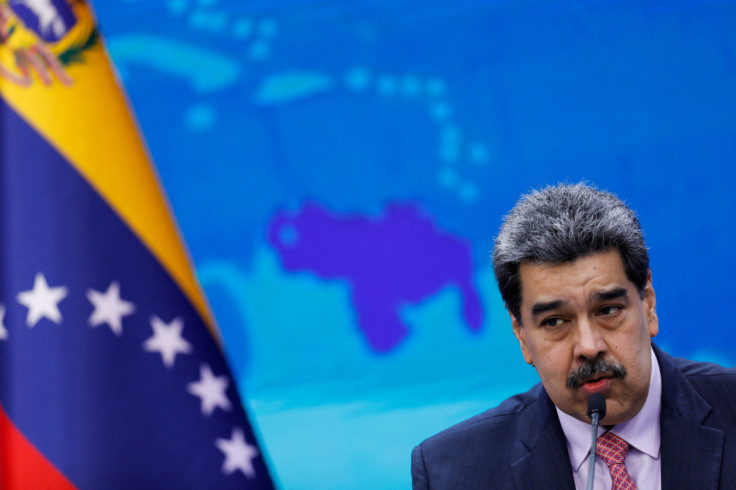
The national campaign coordinator of President Nicolás Maduro, Jorge Rodríguez, called on the opposition to sign an agreement on June 7 to recognize the results of the July 28 presidential elections.
"Let's go to the CNE (National Electoral Council, by its initials in Spanish) on Friday to sign a paper in which we all commit to recognize the results. I am ready, Maduro is ready, are they?" said the president of the National Assembly.
Rodríguez dropped the invitation as if it had just occurred to him. "And since it's already known, they'll cry fraud. If not, I challenge them. I challenge them. Tomorrow is Wednesday, I can't do it the next day. Let's do it on Friday," he said. The statement came during his speech to members of the United Socialist Party of Venezuela (PSUV) at the Organizational Plenary of Caracas, which took place in the Sucre parish of the Miranda state.
Facing the possibility that the opposition might doubt the election results, Rodríguez asked the members of the United Socialist Party of Venezuela (PSUV) and its followers to surpass the opposition candidate, Edmundo González, by "millions" of votes.
"It will be difficult to cry fraud, because the beating will be so severe that they will have to nurse their wounds for another 10 years," Maduro's campaign coordinator added.
President Nicolás Maduro, who took office in April 2013, is seeking a third consecutive term amid strong international criticism of irregularities in the exercise of democratic elections.
The United States, along with other countries in the Organization of American States (OAS), did not recognize the legitimacy of Venezuela's 2018 elections, which pitted Maduro against a minority opposition leader, Henri Falcón, with many of the main candidates in jail, in exile, or banned.
In the 2024 election cycle, María Corina Machado, who emerged as the leading opposition presidential candidate after winning a broad primary in 2023, won't be able to run. She has endorsed González's candidacy.
The U.S. State Department's annual "Country Reports on Human Rights Practices," highlights that "Maduro's interference, electoral irregularities, unconstitutional appointments of electors, and harassment and manipulation of voters and candidates restricted the exercise of this right."
In March, the United Nations' International Independent Fact-Finding Mission on Venezuela (FFM) warned that on the doors of 2024's elections Maduro's government has entered "a reactivation of the most violent form of repression."
The president of the UN mission, Marta Valiñas, said that there are "serious difficulties in ensuring that the upcoming presidential elections proceed in accordance with the right to participate in public affairs as outlined in the International Covenant on Civil and Political Rights."
© 2024 Latin Times. All rights reserved. Do not reproduce without permission.







